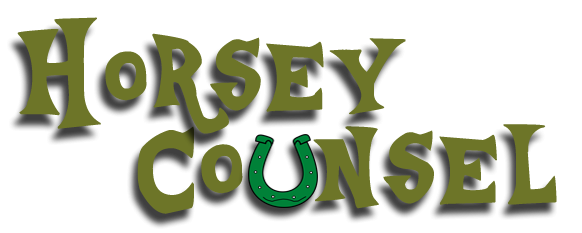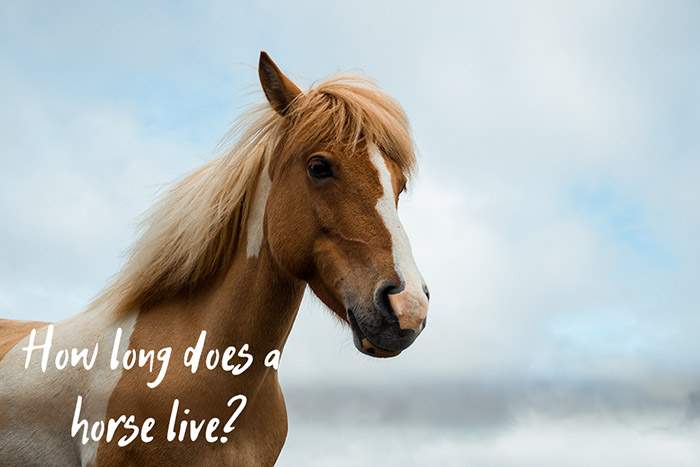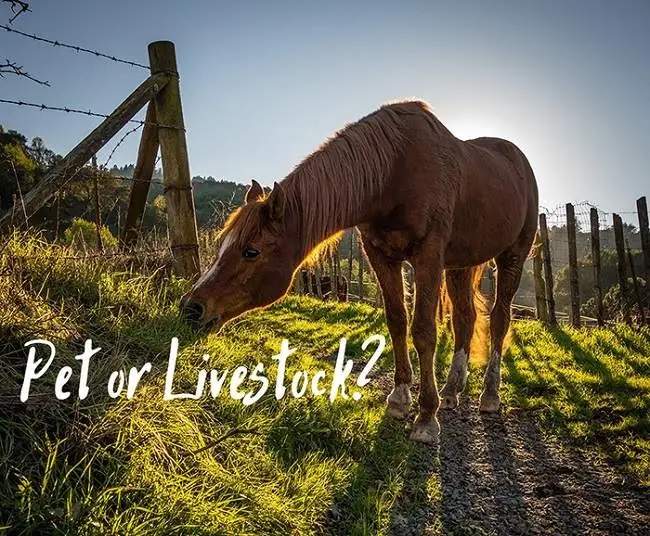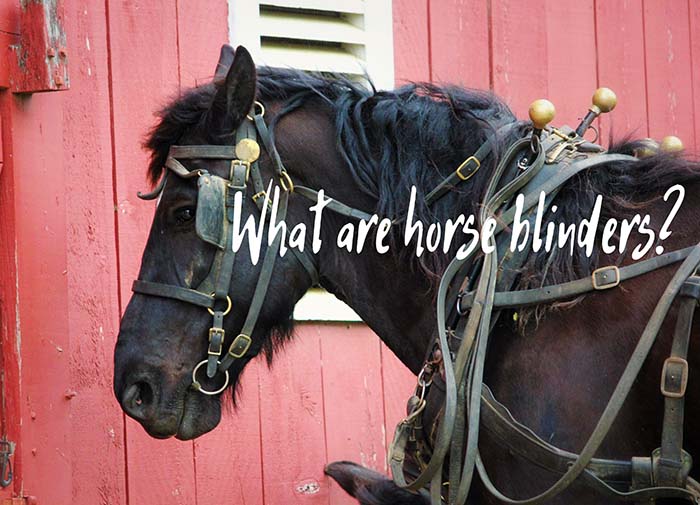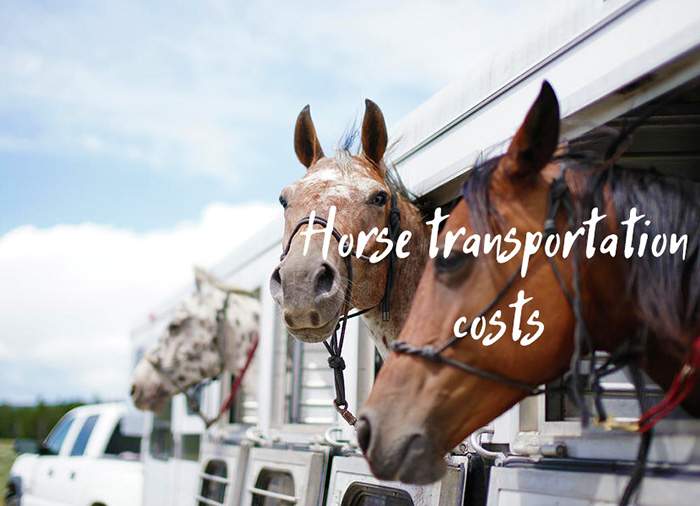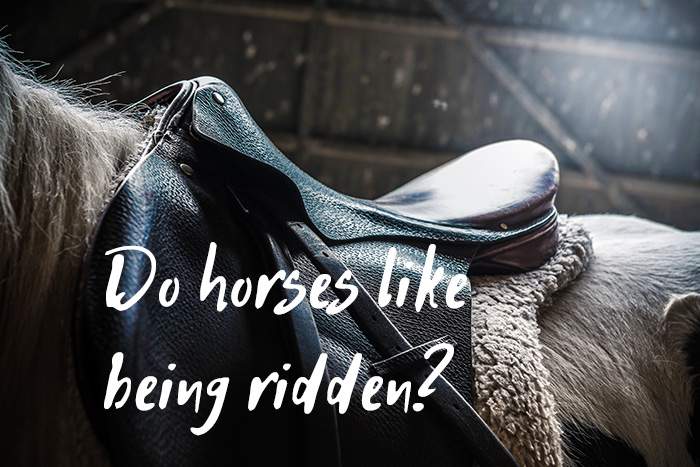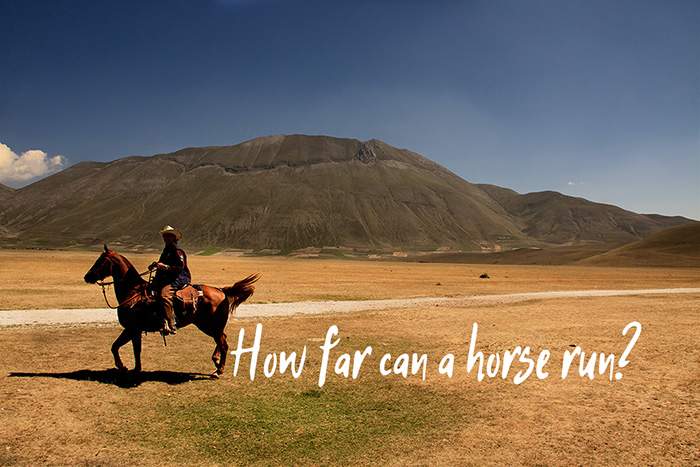Can Horses Recognize People as Their Keepers?
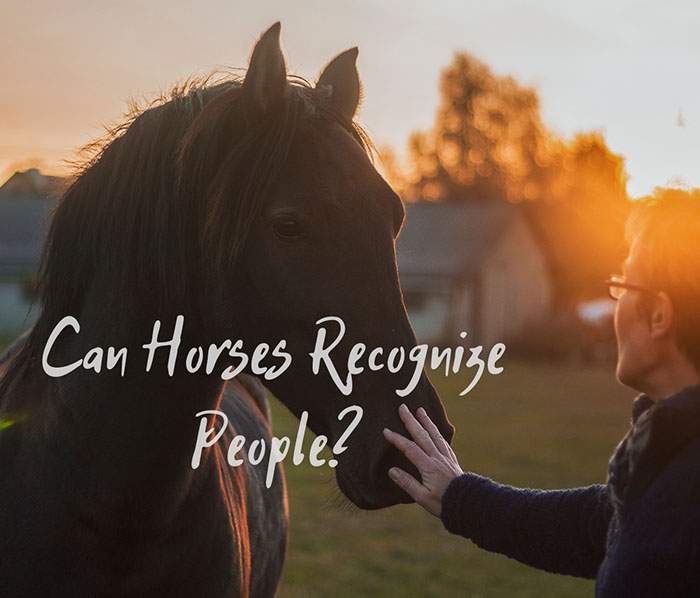
How can we tell if horses recognize us?
We already know that horses are incredibly intelligent animals that can be trained to perform all manner of wondrous feats. They also obey our commands and perform their duties to the letter, but do they really recognize us as individuals, as their keepers and companions? In recent years, multiple teams of scientists have conducted a series of experiments in order to determine if horses recognize people based on their voices or appearance.
Data seems to indicate that horses can indeed recognize people both face-to-face and in photographs, which is a strong indicator of a very good long-term memory. Moreover, horses can recognize their keepers’ faces and voices, and they will react to these familiar cues more often than not.
You might have noticed that your own horse is much more likely to come to you when you appear in its visual range or when it hears your voice, rather than presenting itself to a complete stranger. Your horse might even avoid strangers altogether, or even attempt to flee from the vet or the farrier.
What we know for sure is that horses can associate the arrival of a person to a certain activity such as being fed or being taken out for exercise. The issue was figuring out whether the horse actually recognizes the person that cares for it regularly, or if it just reacts this way from reinforcement and habit.
Visual and audio cues.
Older studies have revealed that horses are able to distinguish between different facial features and clothing. In short, if the handler wears similar clothing whenever it works with the horse, he or she will be recognized easier. This is particularly true if the handler has distinctive facial features.
Also noteworthy is that horses are able to identify their owner’s voice. One of the newer studies relied on audio recordings and visual cues in order to test horses’ cross-modal recognition. This type of recognition analyzes a horse’s ability to combine multiple sensory cues.
The study was led by Dr. Leanne Proops in 2012, and it basically tested a horse’s ability to match a person’s voice with their face. The horse was presented with two people: a familiar one and a complete stranger.
Afterward, a hidden speaker played the voice of the familiar person and that of the stranger in close sequence. The horse directed its attention towards the familiar handler whenever it heard his voice. This indicated that it knew how to associate a human with its voice.
As part of a different version of the test, the researchers used two familiar handlers. This time around, the horse was even able to distinguish each individual familiar voice, which indicates the presence of multi-modal memory.
In a casual scenario, a horse will respond to your own call but will ignore another person’s voice altogether. The equine will identify your voice, match it to your face, and then proceed to approach you as soon as it catalogs you as someone trustworthy and friendly.
Can horses recognize people in photographs?
A recent study led by ethologist Léa Lansade of the French National Research Institute for Agriculture, Food and Environment, has managed to shed some light on a puzzling question: Can horses identify people in photographs?
The study kicked off with teaching horses how to pick different side-by-side images by touching them with their nose. Afterward, the equines were presented with different images of their current keepers as well as complete strangers. Around 75 percent of the time, the horses managed to identify their current keepers while ignoring the photographs of strangers.
While that’s impressive enough on its own, it looks like horses were also able to identify their previous keepers in photographs. They even preferentially picked those images even though they hadn’t seen their old keepers in more than six months. It’s true, the horses didn’t get it right all the time, and the experiment is certainly not foolproof. But 75% is still an amazing accuracy rate, far better than chance in any case.
So yes, horses can definitely tell the difference between various human faces, and they do understand that photographs are two-dimensional representations of reality. They didn’t have any other cues such as sound or smell, and yet they were still able to recognize familiar people in photographs with an impressive level of accuracy.
The results shouldn’t be too surprising, really. Horses live long lives, with many of them reaching 30 years of age. Moreover, we share more than 5,000 years of history with these animals, and it makes sense for them to form some attachment to us. Some scientists have theorized that horses have evolved to recognize individual humans as a survival mechanism. They needed to know who they could trust in order to survive.
What else can we learn?
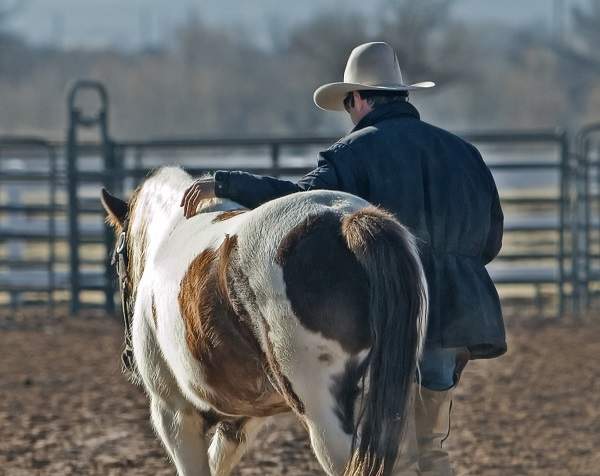
Now that scientists know that horses can recognize different people using both visual and audio cues, they’re looking to explore this avenue further with different experiments. One of the more interesting ones will be to test whether horses react differently to photographs of humans that have harmed them in the past.
If the science is right, we might be able to use a horse’s long-term memory in order to identify abusers – people who have treated their horses harshly. In an “ideal” scenario, the horse will act anxious or it might try to avoid looking at the image in question. Obviously, the experiment will have to consider the mental health of the horse and how stressful the experiment would be.
Obeying commands from strangers.
Horses are incredibly intelligent, but it looks like they’re even smarter than we thought. As we expand the scope of our research, we’re able to learn new things about these amazing animals and the way that their minds work. What we know so far is that horses recognize their keepers and are more likely to obey their commands even when the keeper doesn’t direct his attention towards the horse.
If a complete stranger issues the same commands, the horse will likely obey them as well, but only if the person in question is looking directly at the horse or points towards it. With a familiar person, the equine will obey those commands even if the keeper is facing away. This shows a clear level of attachment and is an indicator of long-term memory.
Conclusion.
Can horses recognize people? Yes, they can, and they are also able to distinguish between them with relative ease. They’re able to identify our voices and our faces, and studies have shown that they can even understand facial expressions to a certain degree.
Hopefully, as we perform more advanced experiments, we’ll soon be able to understand equines better, and maybe even communicate with them in a more effective manner. Until then, all we can do is observe them carefully, and treat them as well as we can.
